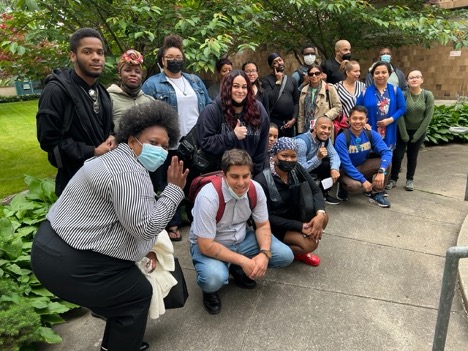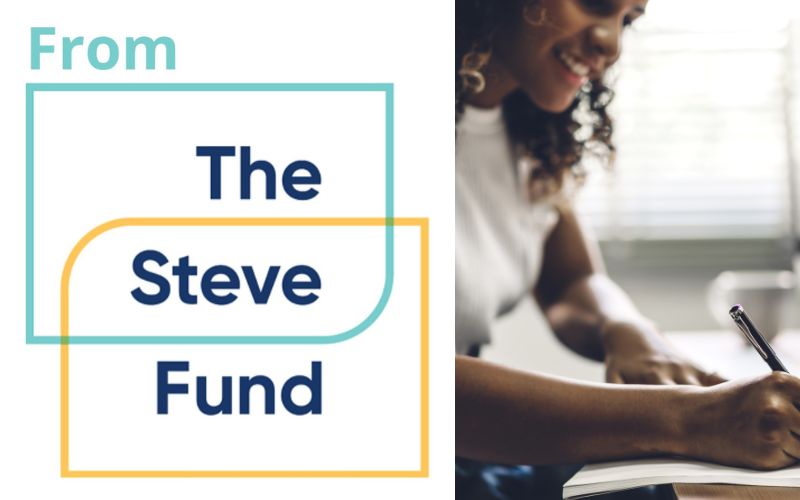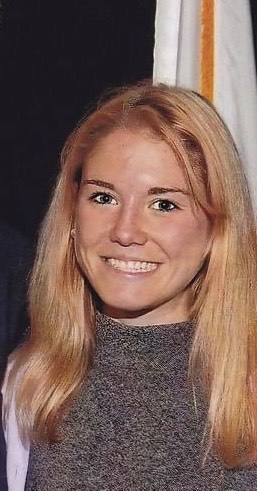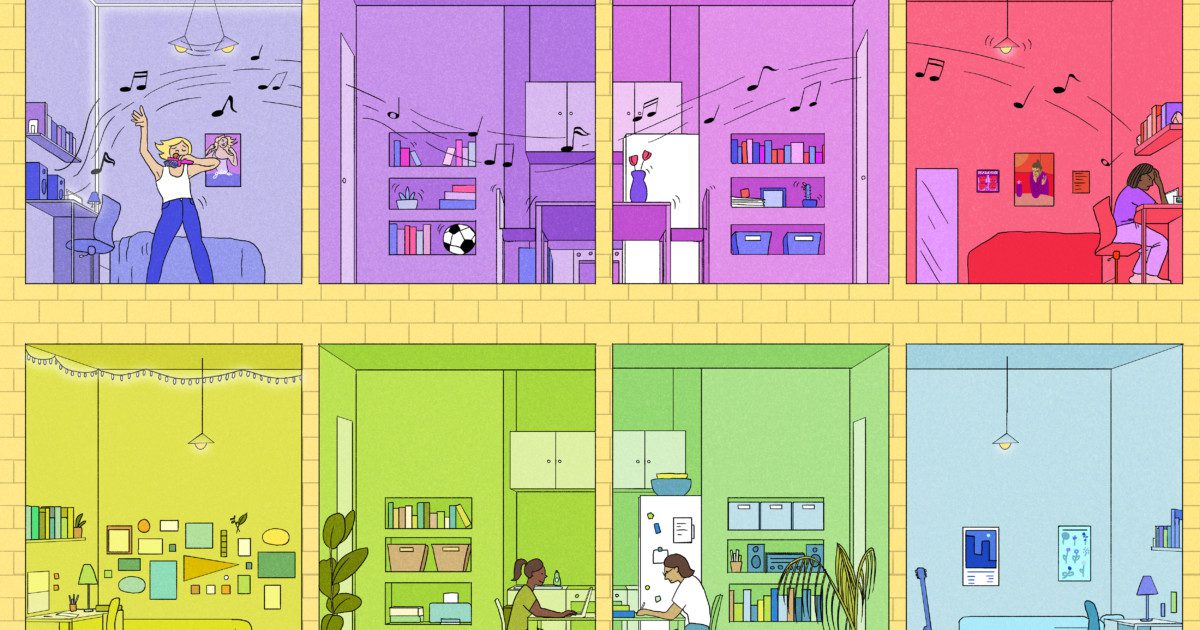The pandemic got Sylvia Mahjabeen thinking about her education again. She had spent the last decade cycling through jobs, in industries like retail and fast food, and left her latest gig, packing for Amazon, when lockdown began.
The longtime Queens resident from Bangladesh decided to give school another shot. Nearly 20 years earlier, she attended LaGuardia Community College, part of the City University of New York (CUNY) System, but an agglomeration of physical and mental health challenges forced her to drop out. By 2021, in remission from breast cancer and in recovery from clinical depression, bipolar disorder, and schizophrenia, the 45-year-old was eager to make her way back to Long Island City—with a new outlook.
“This time I was not looking for a bachelor’s degree,” she said. “I knew [with] a 20-year study gap, if I start a bachelors, I might drop out because it’ll be too much on my plate.”
For Mahjabeen, LaGuardia’s mental healthcare training program was created at just the right moment. The program, she learned, is designed for people like her with a history of mental health challenges. It teaches them to leverage their experiences to support others with similar problems.
LaGuardia’s Mental Health Peer Specialist Training Program is not what you might think of as peer support at college. Its isn’t an extracurricular opportunity for student volunteers to help other students on campus with their mental health. It’s first and foremost a workforce training program, preparing those with a history of mental illness to find employment in the human services sector.
The revolutionary idea behind the development of this field is that your lived experience is your asset, your skillset, your economic advantage.
“The standard peer worker is someone who has had their life completely derailed from a mental health incident,” said Ben Jurney, the director of development for the LaGuardia program. “They’re either re-entering the workforce after this crisis, or they’re entering it for the first time because their mental health issues have prevented them from either getting a job or being able to hold down a job.”
The peer specialist program is a win-win for LaGuardia’s leadership. It offers pathways to sustainable employment for students in the program and fills a gap in the human services workforce for this type of specialized paraprofessional.
“Primarily, we’re focused on providing pathways to sustained employment and also serving our community,” said Sunil Gupta, the vice president of Adult and Continuing Education at LaGuardia, which houses CUNY’s largest continuing education workforce training program.
Mental health peer specialists are a critical part of mental health response teams and can be on the road with EMTs, in a hospital setting, or part of the staff at human service agencies or residential programs. They fill a well-documented need for people with a mental health condition to connect with someone who knows what they are going through. “They are a buddy, a very informed, very well-trained buddy who can help you navigate a difficult moment, maybe point you to services you need, or maybe just say, ‘Hey, I know what it means to be suicidal and talk through that experience,’” said Jurny.
The program, which takes eight months to complete, consists of three months in the classroom, three months in an internship with employer-partners, like a mental health chat line or behavioral health clinic, and two months of job support assistance. Sara Goodman is the lead instructor for LaGuardia’s program and has been devoted to learning and teaching the art of peer support for more than twenty years. She became a peer provider through Howie the Harp (HTH) Advocacy Center in Manhattan, which has been training anyone with a high school diploma and psychiatric diagnosis to work in human services since 1995.
After HTH, Goodman went on to work for Baltic Street AEH Inc., the largest peer agency in New York State, where she now serves as the Director of Training. Anyone interested in learning about peer support, Goodman said, should look to Baltic Street. “I found my tribe. I found my vibe. I found my groove. I found someplace where my experience with a life of dysfunction due to trauma had value.”
Jurney said the revelation that what you have always believed to be a deficit is actually an asset is the magic within the peer specialist model. “The revolutionary idea behind the development of this field is that your lived experience is your asset, your skillset, your economic advantage.”
Workforce development policymakers have caught on. Last year, the Biden administration, through the Health Resources and Services Administration, gave LaGuardia $1.6 million over four years to further develop the program. Trainees are not only eligible for full scholarships but receive $5,000 as a stipend and a rental laptop.
The program’s financial accessibility helps attract students, but the substance of it makes them stay, Jurney believes. When he started developing the program, he said he had yet to grasp the gravity of peer support for those who participate. “It’s kind of a social movement, too,” he said. “It’s a critique of the medical model [for] people who have been jaded by that model of seeing therapists and psychiatrists.”
For Goodman, peer support’s communal nature makes it unique. Peer specialists, she said, are role models above all. “What can I do to help you make today better than yesterday, and what can we do together to make tomorrow better than today?” she often asks herself. “People become invested. They’re not just engaged. They don’t just show up for their doctor’s appointment. They’re activated.”
“It’s the sparkle that holds the bricks of medication and treatment plans and doctor’s visits together—having a place that you can call community,” Goodman said.
Describing her first day of class with Goodman, Sylvia Mahjabeen started to tear up but only, she said, out of “pride and joy.” After passing the program’s classroom component with flying colors, Mahjabeen has delayed her internship due to personal issues. In the meantime, she will sit in on Goodman’s next round of classroom instruction this spring, just to listen.
“I didn’t know, where I came from, that I have values or I have strengths. I thought ‘I’m good for nothing,’ and my cancer will return and I’m going to [the] grave. That’s it,” Mahjabeen said.
“But now I know…I know how to do this. This is my skill. This is my strength.”




